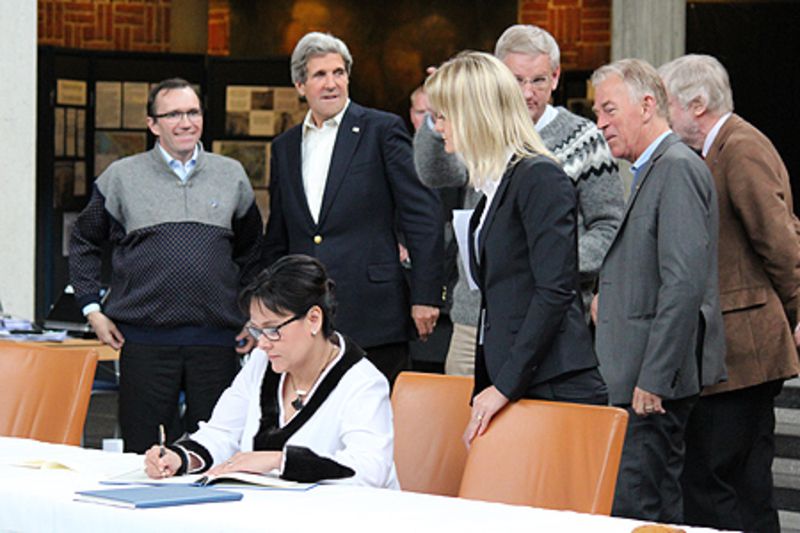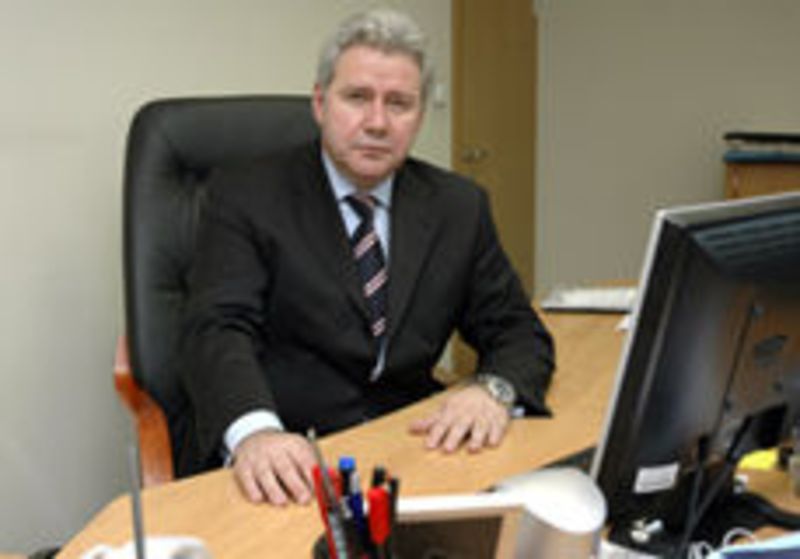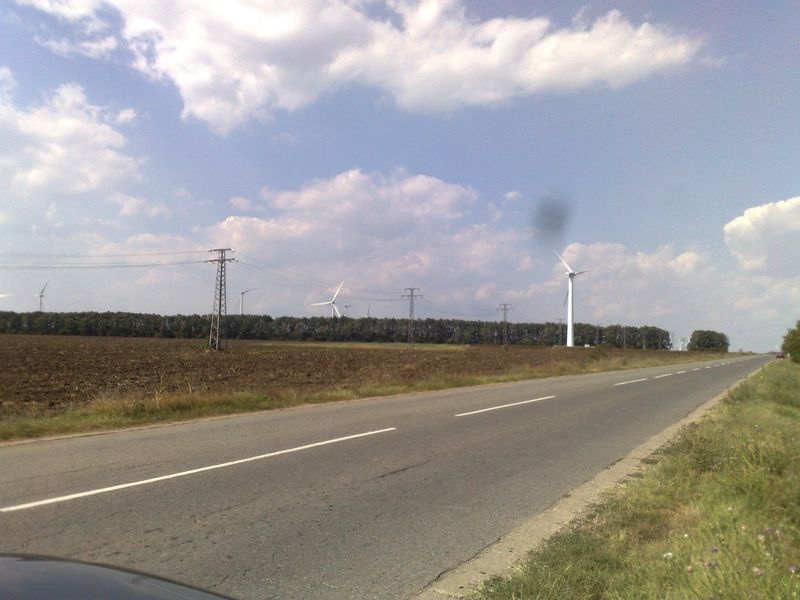The EU is offering 100 bn euro annually to the developing countries for climate change
Adelina Marini, October 31, 2009
 The price of adaptation, mitigation and investment in clean technology for the developing countries will be something like 100 bn euro per year until 2020. The is the amount of money, calculated by the European Commission and endorsed by the EU leaders at their European Council on Thursday and Friday. And this is the amount of money the EU proposes to the developing countries in the eve of Copenhagen and will discuss it in Washington with president Obama. According to the Swedish prime minister Fredrik Reinfeldt, whose country is now presiding the Council, "the international public contribution" to this amount will be between 22 and 50 bn euro annually by 2020. In other words this is the money that the developed countries will have to pay from their budgets, i.e. by the taxpayers. The rest of the money will come from private investments.
The price of adaptation, mitigation and investment in clean technology for the developing countries will be something like 100 bn euro per year until 2020. The is the amount of money, calculated by the European Commission and endorsed by the EU leaders at their European Council on Thursday and Friday. And this is the amount of money the EU proposes to the developing countries in the eve of Copenhagen and will discuss it in Washington with president Obama. According to the Swedish prime minister Fredrik Reinfeldt, whose country is now presiding the Council, "the international public contribution" to this amount will be between 22 and 50 bn euro annually by 2020. In other words this is the money that the developed countries will have to pay from their budgets, i.e. by the taxpayers. The rest of the money will come from private investments.
In the position which the EU will defend at the Copenhagen summit in December, it is also written that for the first 3 years 5-7 bn euro will be necessary for fast-start projects. But these contributions will be voluntary. Mr. Reinfeld has explained that there are member states which are ready to spend such an amount of money in a sign of good will to stimulate the developing countries to respond likewise.
Putting money on the table was one of the controversial issues at the European Council in Brussels because some member states were afraid that such an approach might push the negotiations on a new post-Kyoto agreement into the wrong direction - to argue for money only. After all, the Eu leaders have agreed that putting money on the table that will be paid immediately if there is a new climate change deal, can only motivate the developing countries to undertake adequate measures. Such an approach can also motivate developed countries like the US, Japan, Canada, Australia to get involved with concrete commitments.
Regarding the other controversial element in the financing of climate change within the EU, the EU leaders have agreed to set up a working group which will estimate the financial capabilities of the less prosperous (mainly Eastern European) countries, based on their GDP.
And although the Commission president Jose Manuel Barroso and the Swedish prime minister  did not name the new member states who objected to paying the debts of the developed countries to the environment, the Bulgarian prime minister Boyko Borisov explained that it was 9 countries which, he said, managed to negotiate favourable terms. "Very tough session. In the morning we had a working meeting with 9 states and the final solution is the inclusion of a text, guaranteeing that we will not be donors of countries like China, India, Russia and Brazil. When the Union starts paying they will take into account the GDP and the current financial situation of all states", Mr. Borisov said for the Bulgarian journalists in Brussels.
did not name the new member states who objected to paying the debts of the developed countries to the environment, the Bulgarian prime minister Boyko Borisov explained that it was 9 countries which, he said, managed to negotiate favourable terms. "Very tough session. In the morning we had a working meeting with 9 states and the final solution is the inclusion of a text, guaranteeing that we will not be donors of countries like China, India, Russia and Brazil. When the Union starts paying they will take into account the GDP and the current financial situation of all states", Mr. Borisov said for the Bulgarian journalists in Brussels.
Before the Council on Thursday he said that Bulgaria is poorer than countries like Brazil and India and cannot be forced to finance their efforts in mitigation. But such a position is not serious because it is obvious that a contribution to global warming have all countries with developed industry. Bulgaria cannot be excluded of this group, given the development of the industry during the socialism. And although there is a lot of truth in the argument that this was done by someone else, it is fact that we cannot convince climate change that someone else is responsible for them and they should stop, if they please.
 That is why Jose Manuel Barroso has explicitly underlined during the press-conference after the EU summit on Friday that "The issue with the internal burden sharing of EU's commitments will be solved only after a new climate change deal is reached in Copenhagen". This makes the statement of Mr. Borisov: "For almost 2 hours we negotiated while the richer countries accepted our requirement. So we saved at least 40-50 mn euro from these meetings" - is a little too hasty.
That is why Jose Manuel Barroso has explicitly underlined during the press-conference after the EU summit on Friday that "The issue with the internal burden sharing of EU's commitments will be solved only after a new climate change deal is reached in Copenhagen". This makes the statement of Mr. Borisov: "For almost 2 hours we negotiated while the richer countries accepted our requirement. So we saved at least 40-50 mn euro from these meetings" - is a little too hasty.
 | © Government of Sweden
| © Government of Sweden | © КРИБ
| © КРИБ | © euinside
| © euinside